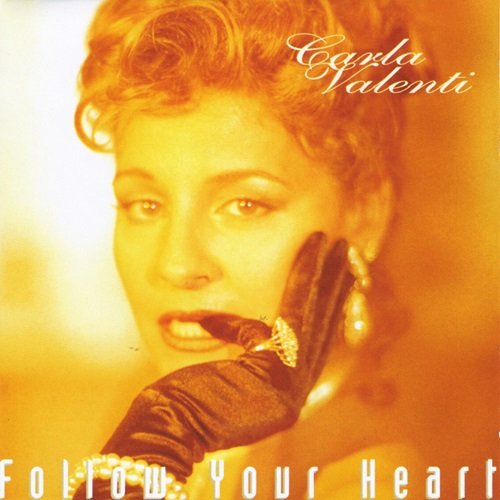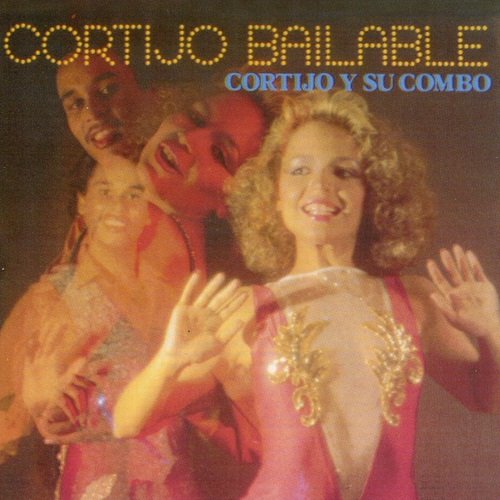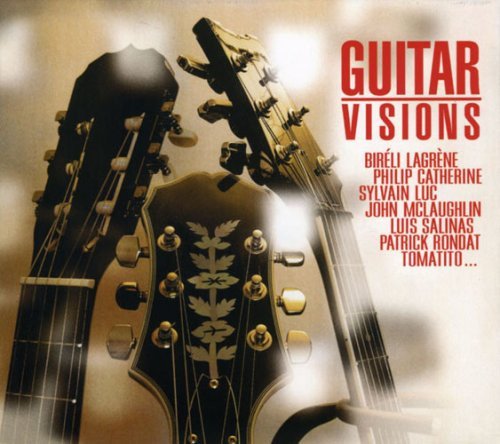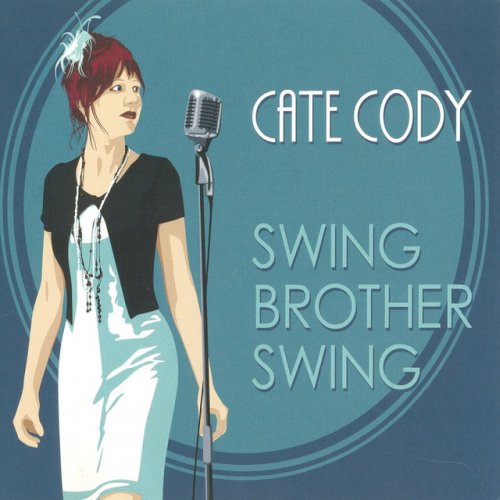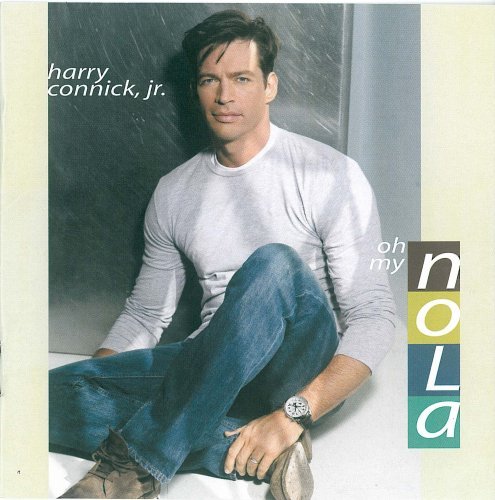Johnny Lytle Trios - Got That Feeling! / Moon Child (2001)
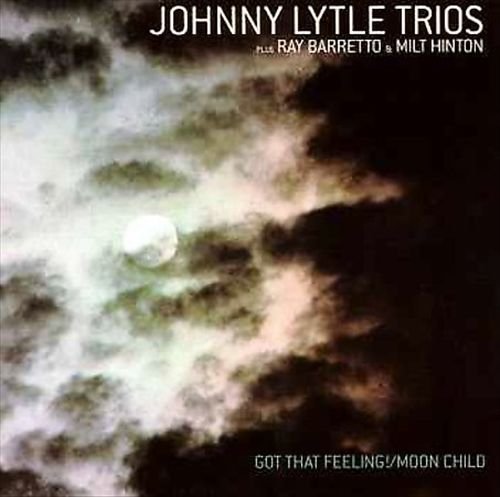
Artist: Johnny Lytle Trios
Title: Got That Feeling! / Moon Child
Year Of Release: 2001
Label: Milestone
Genre: Jazz, Soul-Jazz
Quality: FLAC (tracks+.cue, artwork)
Total Time: 75:32
Total Size: 462 MB
WebSite: Album Preview
Tracklist:Title: Got That Feeling! / Moon Child
Year Of Release: 2001
Label: Milestone
Genre: Jazz, Soul-Jazz
Quality: FLAC (tracks+.cue, artwork)
Total Time: 75:32
Total Size: 462 MB
WebSite: Album Preview
01 - Got That Feeling
02 - Pow-Wow
03 - Wee Small Hours
04 - Big John Grady
05 - The Breeze And I
06 - It Ain't Necessarily So
07 - Lela
08 - Love Is Here To Stay
09 - The Soulful One
10 - Moon Child
11 - Work Song
12 - The Nearness Of You
13 - The Moor Man
14 - A Taste Of Honey
15 - When My Dreamboat Comes Home
16 - Moonlight In Vermont
17 - The House Of Winchester
Personnel:
Johnny Lytle - vibes
Milt Harris - organ
Peppy Hinnant - drums
Milt Hinton - bass
Steve Cooper - bass
Ray Barretto - conga
In the 1960s, vibist Johnny Lytle was arguably the Milt Jackson of soul-jazz -- or perhaps the Cal Tjader of soul-jazz. Jackson and Tjader both influenced his vibraphone playing, as did Lionel Hampton. But Lytle had a recognizable sound of his own -- one that proved to be perfect for soul-jazz and organ combos. Two of the fine soul-jazz/hard bop LPs that the vibist recorded in the early '60s were Got That Feeling! (Riverside) and Moon Child (Jazzland), both of which Milestone/Fantasy reissued back to back on this 75-minute CD in 2001. Although the vibes/organ combination wasn't terribly common in the 1960s, it's one that worked quite nicely for Lytle. Organist Milt Harris is featured on all of these 1962-1963 recordings, and he proves to be a major asset to Lytle, whether the vibist is turning his attention to well-known standards ("Moonlight in Vermont," "In the Wee Small Hours of the Morning," "Our Love Is Here to Stay") or original material ("Big John Grady," "The Soulful One"). Another noteworthy Lytle original is "The House of Winchester," a swinging number that he wrote in remembrance of fellow vibist Lem Winchester (who was only 32 when, in 1961, he unsuccessfully demonstrated a trick with a loaded gun and accidentally ended his own life). The thing that all of these performances have in common is a desire to groove; Lytle wasn't the sort of player who went out of his way to be abstract, and the improviser is as accessible and groove-minded on ballads as he is on Nat Adderley's "Work Song." This CD is enthusiastically recommended to anyone who likes soul-jazz/hard bop that is expressive, infectious, and easy to absorb.
or
or


